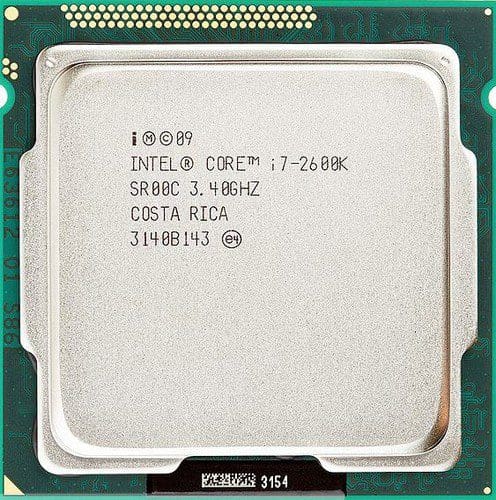In modern CPUs, two statistics are at the core of advertising.
The first is the clock speed in GHz, and the second is the number of processor cores.
While both are important to performance, there are also many other factors.

This menagerie of elements means comparing the performance of two different CPU architectures is difficult.
The only reliable way to tell the difference in performance is to perform real-world benchmarks.
Frustratingly, youll find that the performance comparison can vary somewhat between benchmarks.
Each CPU architecture has strengths and weaknesses that suit or struggle with how specific programs are coded.
This works only when there have been relatively small incremental architecture changes.
Significant changes to CPU architecture often make these comparisons significantly more difficult.
For example, its relatively simple to compare the performance of AMDs Ryzen CPUs across generations.
Single-Threaded Performance
Single-threaded performance measures how fast a single CPU core can run.
The performance differentiator within a single generation of CPUs will be the clock speed.
As discussed above, direct comparisons between CPU generations are a little more complicated due to minor architectural differences.
In contrast, comparisons between CPU manufacturers are even more complex.
A CPUs clock speed is measured in MHz or GHz.
MHz and GHz are the normal contractions for Mega Hertz and Giga Hertz.
Mega is the SI standard prefix for million, while Giga is the SI standard prefix for billion.
Hertz is a unit of frequency, with 1Hz being once per second.
In 1974 Intel released the 8008, which reached the heady clock speed of 2MHz.
In 1999, AMD released the Athlon CPU, the first to hit the 1GHz mark.
A multi-core approach was adopted to achieve further performance increases, allowing two parallel processes to operate simultaneously.
Despite the difficulties, modern CPUs are just about becoming capable of reaching a clock speed of 5.5GHz.
Conclusion
CPUs use a clock to govern their speed.
This clock goes through many, many cycles every second.
To make it easier to read and understand, CPU manufacturers present the clock speed of CPUs in GHz.
GHz is a unit that means billions of changes per second.
A 5GHz CPU runs through five billion clock cycles per second.
All things being equal, it would be five times as fast as a CPU running at 1GHz.
CPU architecture is exceedingly complex, though.
Additionally, GHz isnt a unique measure to CPUs.
For example, GPUs now have clock speeds measured in GHz.